The government is to relax the restrictions on its controversial badger culls as it rolls them out to new areas in 2016.
But a leading scientist has warned that the move makes it even less likely that culling will achieve its aim of reducing tuberculosis in cattle and could even make it worse.
The badger culls in Somerset, Gloucestershire and Dorset met their kill targets in 2015, environment secretary Liz Truss announced on Thursday, although scientists had warned in October that the low targets set were unlikely to be effective. Truss said a worldwide shortage of TB vaccine has led to another strategy, badger vaccination, being halted in order to prioritise human health.
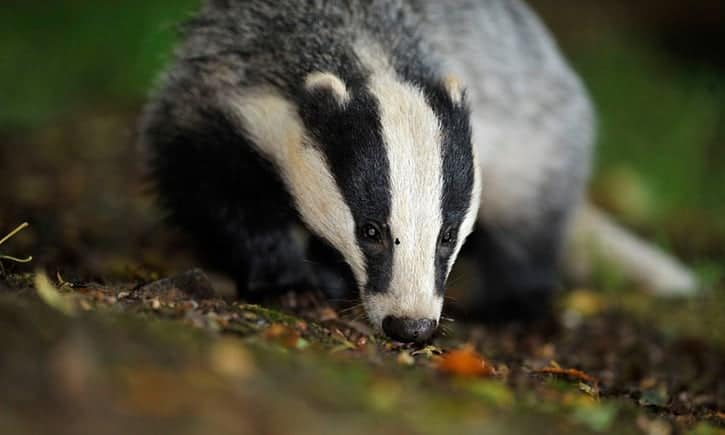
“Badger control in the south west has been successful and we will enable it to take place over a wide number of areas next year,” said Truss. “Our comprehensive strategy to eradicate bovine TB through tighter cattle controls, improved biosecurity and badger control is delivering results.”
Truss said the “low risk area”, which covers over half of England, was on track to achieve officially TB-free status by the end of 2019, the first time any part of the country will have achieved this status.
Over 26,000 cattle were slaughtered in England last year to control TB, costing taxpayers £100m. Badger culling, which began in Somerset and Gloucestershire in 2013, is a key part of the government’s strategy to tackle the problem. However, the architect of an earlier, decade-long trial of badger culling, Lord John Krebs, has described the policy as “mindless”.
The landmark trial showed that small reductions in TB were only achieved if more than 70% of badgers in an area were culled. A smaller proportion led to “perturbation”, in which unculled badgers roamed more widely, increasing TB infections in cattle.
The initial restrictions imposed on badger culling were to ensure 70% of badgers were killed and included having access to 70% of cull land, a six-week time limit on the cull and a minimum size of cull area. The government has now decided to abandon the time limit and access requirement and to reduce the minimum cull area.
“Overall, these changes seem to be designed to meet the short-term goal of ‘ticking the boxes’ to kill a certain number of badgers at lowest cost, while downplaying the associated impacts on cattle TB control, which are all negative,” said Prof Rosie Woodroffe, at the Zoological Society of London and one of the scientists who ran the Krebs trial. “Cheaper and easier culls are much less beneficial and can make cattle TB worse rather than better.”
The six-week cull deadline was proposed by the Department of Environment’s own science advisory council, said Prof Woodroffe. “We found that increases in badger TB after prolonged culls were 74% greater than those after rapid culls.”
She said reducing the land access required raises concern about badger welfare, as badgers have to be shot further from their setts. “When this was done in the [Krebs trial] it was associated with an increase in the estimated numbers of young cubs left to starve when their lactating mothers were killed.”
In the 2015 culls, 1,467 badgers were killed, with over half in the Dorset cull zone. The original culling plan was for free-running badgers to be shot by marksmen, a less expensive option than trapping the animals in cages first. But in 2015, only half the badgers were shot by marksmen.
The National Farmers Union welcomed the 2015 cull results, and said lessons had been learned from the first two years. NFU president Meurig Raymond said: “The desire [of government] to see culling carried out over a wider area of the country next year will be welcomed by farmers in areas where bovine TB is rife and where culling can play a vital role in disease control. It is vital that we use every option available to us so we have the best chance of controlling and eradicating this devastating disease.”
But Philip Mansbridge, UK director of the International Fund for Animal Welfare, said: “The government is claiming success because the minimum number of badger deaths has been achieved [in 2015 but] that’s simply because they moved the goalposts and drastically reduced the targets. It is naturally shouting much less about the latest figures that show that new TB incidences have actually gone up by 7.75% in Somerset.”.
Dominic Dyer CEO of the Badger Trust said the cull had wasted £20m. “The claims by the NFU and pro-cull politicians that badger culling is delivering a significant reduction in bovine TB are looking increasingly bogus,” he said.
The Badger Trust said the Welsh government’s approach, which focuses on improved testing and movement controls in cattle and does not involve badger culling, had been far more successful. It said new incidents of bovine TB in cattle are down by 28%, with a 45% cut in the number of cattle being slaughtered.
This article was first published by The Guardian on 18 Dec 2015.
We invite you to share your opinion whether all badger culls in the UK should be stopped? Please vote and leave your comments at the bottom of this page:
Thank you for voting.
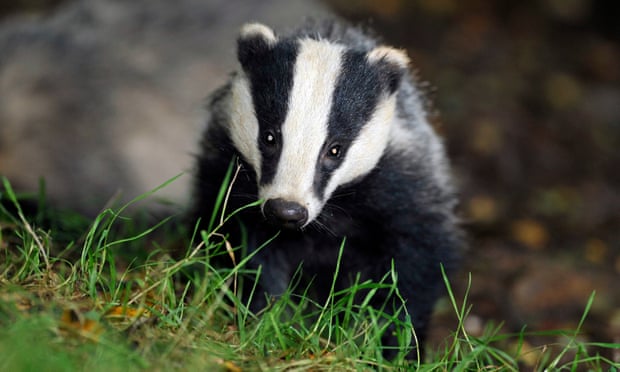
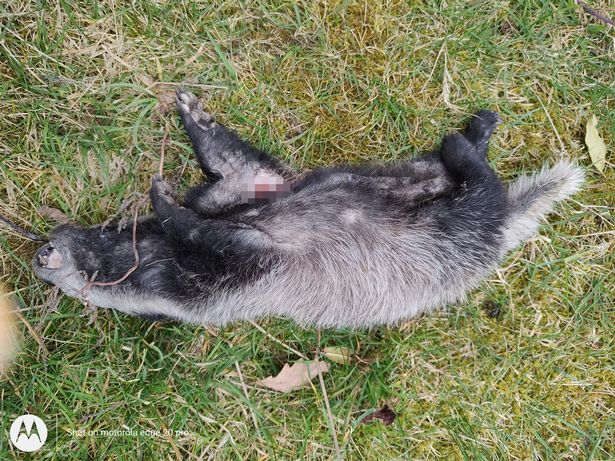
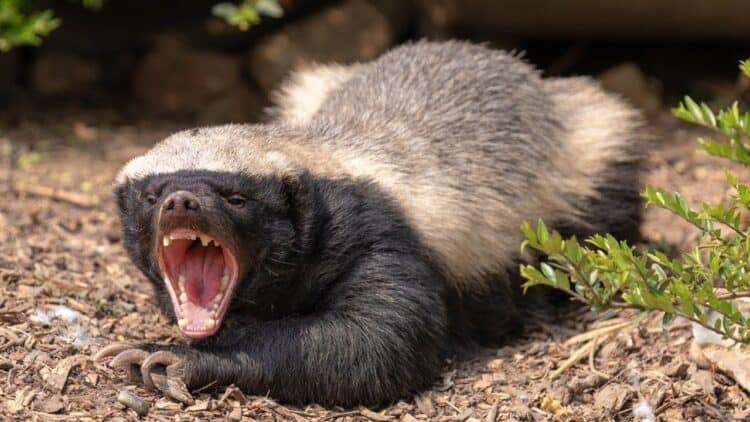

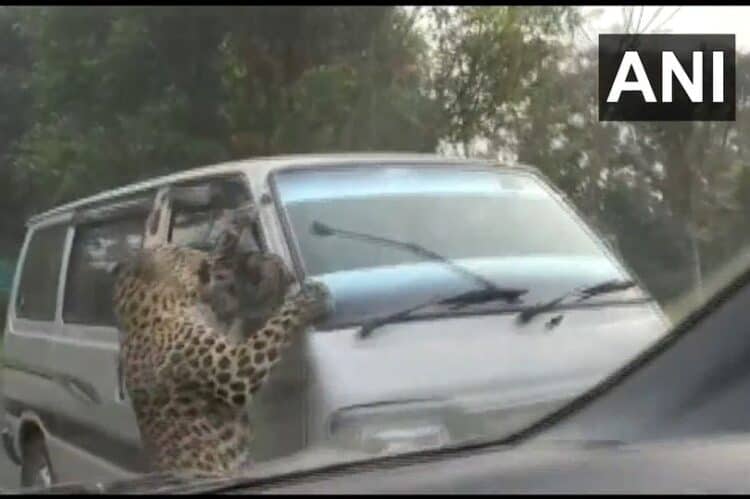

Leave a Reply